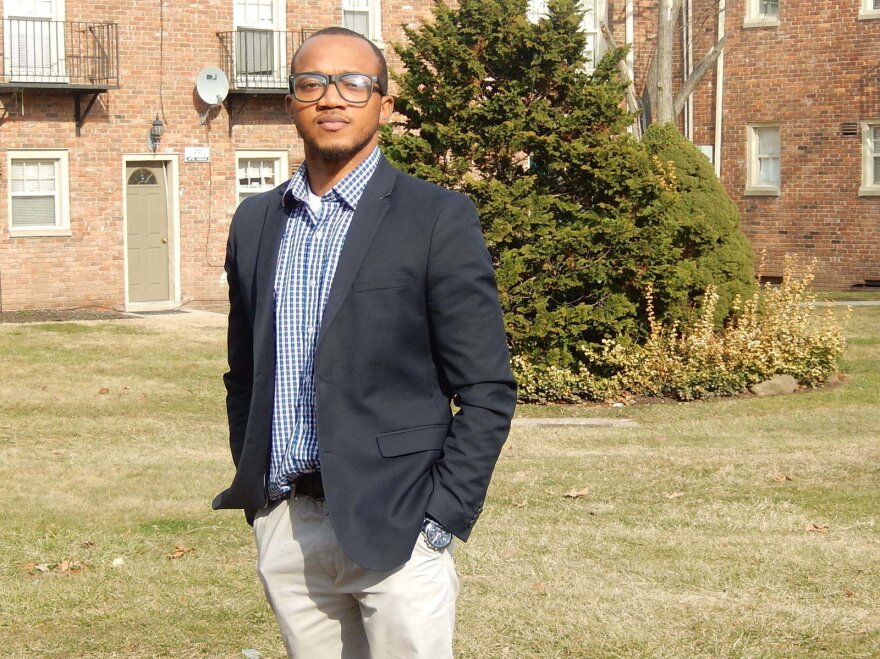Olutosin Oduwole was in his dorm room at Southern Illinois University when police knocked on his door one day in 2007. They were there to arrest him.
"In my mind I'm thinking, 'Okay, maybe a warrant for a ticket.' I really didn't know what was going on," he says.
What was going on was that the police suspected that Olutosin, a college student and aspiring rapper, was on the brink of committing a Virginia Tech-style mass shooting on his campus. He was soon charged with attempting to make a terrorist threat, and was eventually convicted and sent to prison.

That conviction was later overturned by an appeals court, but to prosecutors, the case remains a clear example of a tragedy averted. To Tosin and his supporters, however, his prosecution was a fool's errand — an example of bias in how people perceive rappers and rap music.
This week on Hidden Brain, we'll meet Tosin and explore his case from all sides. We'll also consider what sees as a troubling rise in prosecutions that use rap lyrics to bolster claims that a defendant is violent.
Additional Reading:
You can find more resources on the use of rap lyrics as evidence in criminal trials at of our guest Charis Kubrin. It includes a , testimonies by over song lyrics, and .
Copyright 2020 NPR. To see more, visit https://www.npr.org. 9(MDAxNDQ2NDAxMDEyNzU2NzM2ODA3ZGI1ZA001))







